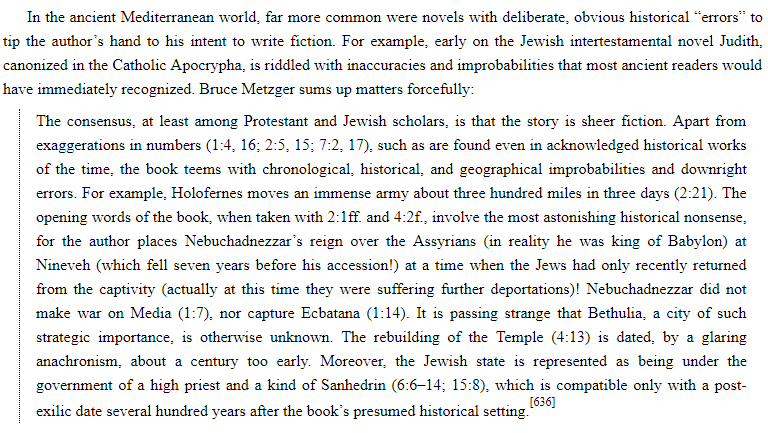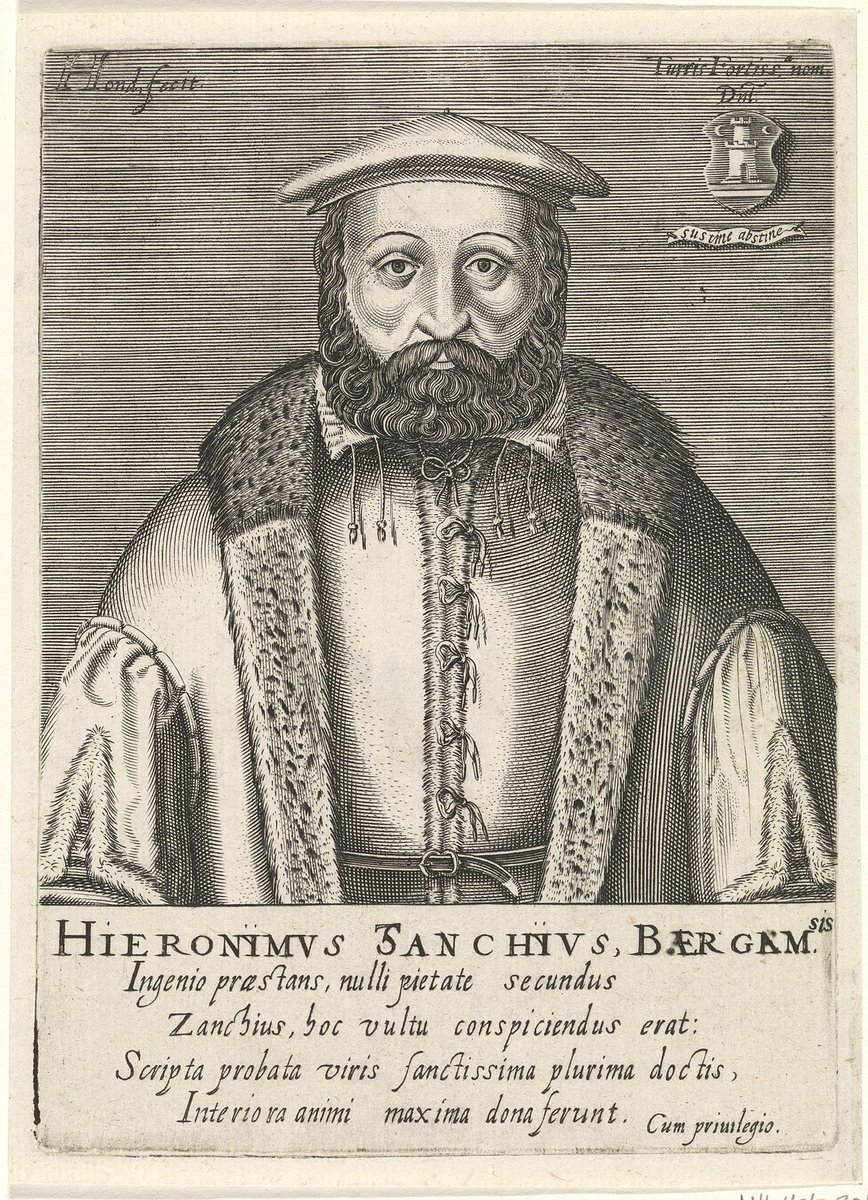
Why the Protestant canon of 66 books is true.🧵
The Scriptures were given to the Jews (Rom. 3:2) and the Jews rejected the apocrypha as is attested by Josephus and Philo. Neither Christ, nor any Apostle, ever rebuked the Jews for what would have been the greatest of sins,

The Scriptures were given to the Jews (Rom. 3:2) and the Jews rejected the apocrypha as is attested by Josephus and Philo. Neither Christ, nor any Apostle, ever rebuked the Jews for what would have been the greatest of sins,


i.e. tearing apart the canon of Scripture, had such books had been inspired. And as St. Jerome says: “We must have recourse to the Hebrews, from whose text both the Lord speaks, and his disciples choose their examples.”
The early church confirms the Jewish canon, as the council of Laodicea, St. Melito, St. Jerome, St. Athanasius, St. Cyril, and Ruffinus all attest. 







Even Cardinal Cajetan, Luther's opponent and foremost RC Biblical scholar, affirms our canon along with Cardinal Jiménez: “The papists are greatly incensed against their partner Cajetan, on account of this most solid sentence; and some even vituperate him. Canus says, that he
was deceived by the novelties of Erasmus. Let us leave them to fight with their own men. This is certain, that there never was a papist of more learning and authority than Cajetan, whom the pope sent into Germany to oppose Luther. This testimony should be a weighty one against
them. Let them shake it off as they best can: and yet they never can shake it off, since it is confirmed by solid reason.”
~~ William Whitaker ~~
~~ William Whitaker ~~
Not only this, but the apocryphal books themselves attest to their own non-inspiration. The author of Sirach apologized for any *imperfections* which may be contained within his translation - as the Holy Spirit, who never errs, would never do. 

The book of Judith is so riddled with historical errors that it is used as an example (by Christian scholars) of ANE historical fiction. 

The only arguments the papists can bring forth in favour of these books are their acceptance by non-ecumenical local councils like Rome and Carthage, which are of no authority to us. These books were not written in the prophetical language, as are all others, but in Greek.
In conclusion, the apocrypha were rejected by the Israelites, by the primitive church, attest to their own non-inspiration, were not written in Hebrew, and are riddled with error. There is no reason to accept them.
@HighChurchPresb There you go, as requested!
• • •
Missing some Tweet in this thread? You can try to
force a refresh








